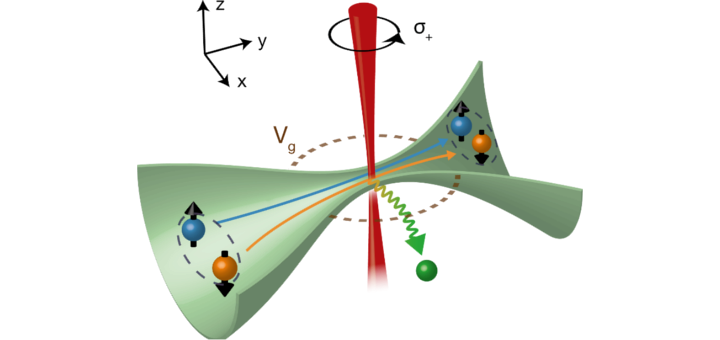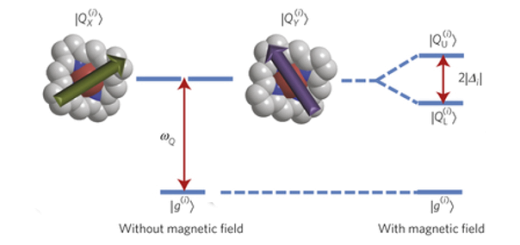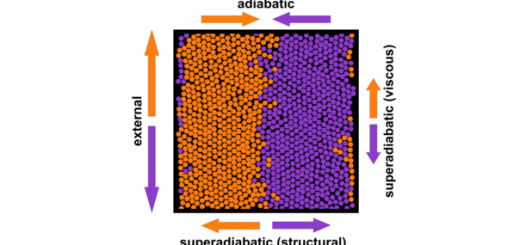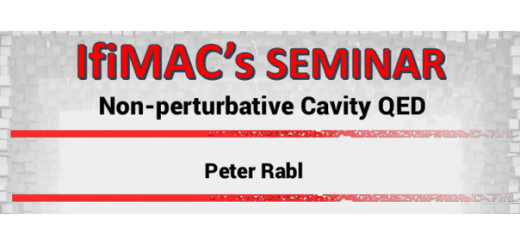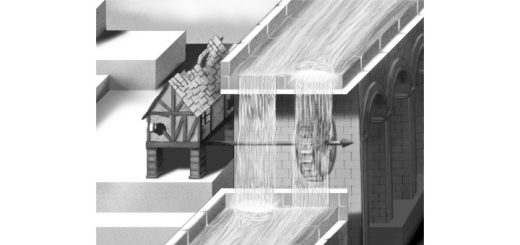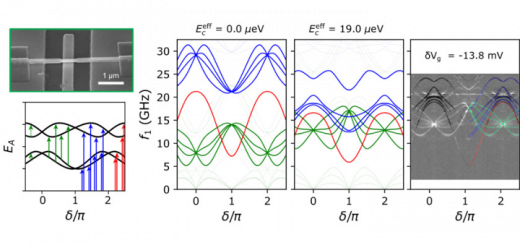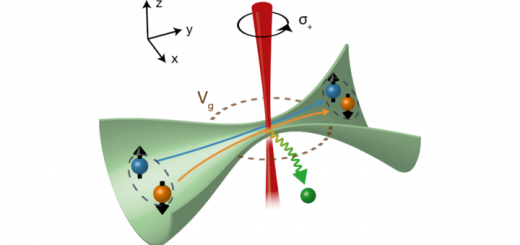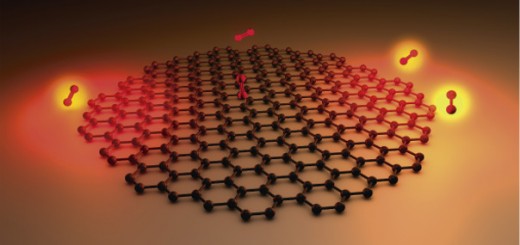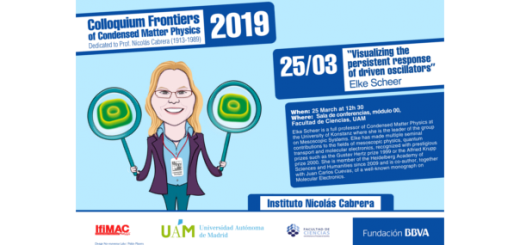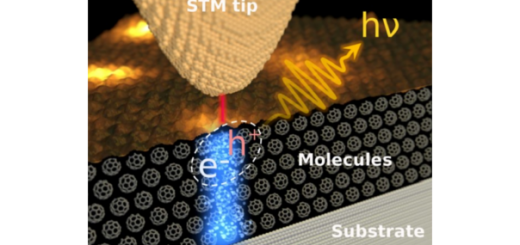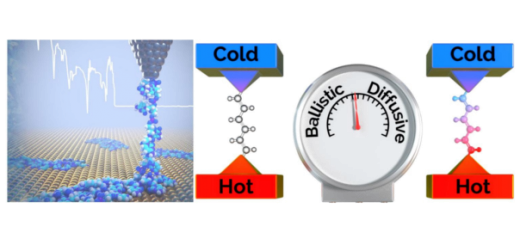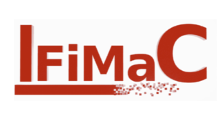Superconducting Particle and Entropy Transport in Ultracold Atomic Gases
When: Thursday, 24 November, (2022),12:00
Place: Department of Theoretical Condensed Matter Physics, Faculty of Sciences, Module 5, Seminar Room (5th floor)
Speaker: Jeffrey Mohan, ETH Zurich, Institute for Quantum Electronics
Over the last two decades, ultracold atomic gases have emerged as powerful and versatile platforms for experimentally and theoretically exploring a wide array of topics in many-body physics [nature.com/articles/nphys2259]. Among these, atomtronic “devices” have been used to study quantum transport both analogous to and beyond the phenomenology of solid-state electronic systems with a complementary experimental toolbox [avs.scitation.org/doi/10.1116/5.0026178]. In our experiment with fermionic lithium, we study particle, spin, and entropy transport between two reservoirs connected by a quantum point contact. Using the magnetic Feshbach resonance of lithium, the atoms can be made to interact strongly and undergo a superconducting phase transition, thereby turning our system into an atomtronic analog of an S-S junction. In this talk, I will present our recent experiments on particle and entropy transport in the presence of engineered spin-dependent dissipation from photon scattering of resonant laser light [arxiv.org/abs/2210.03371]. Our results reveal the surprising robustness of superconductivity to this dissipation but also call into question the nature of the superconducting currents we observe.

